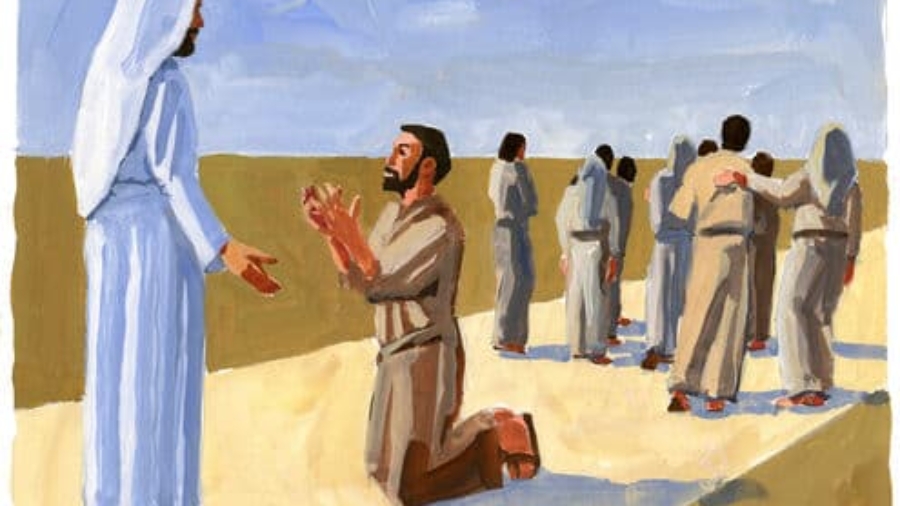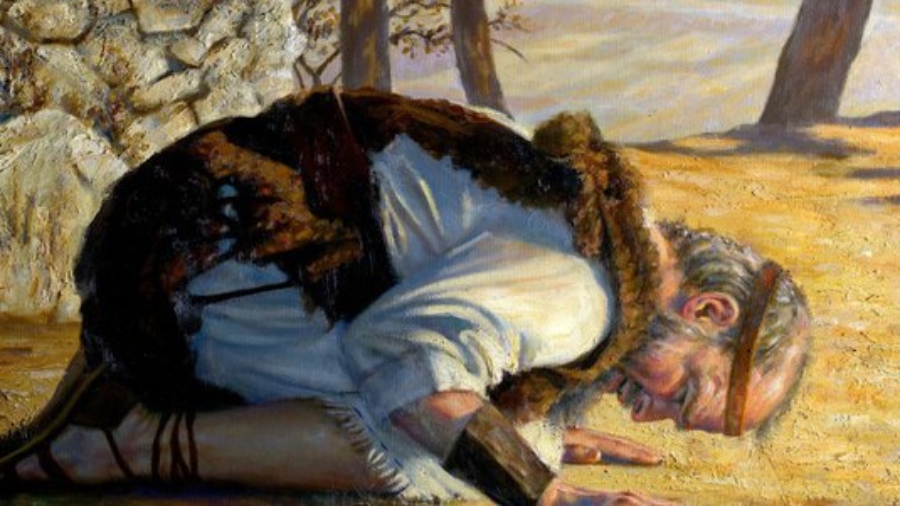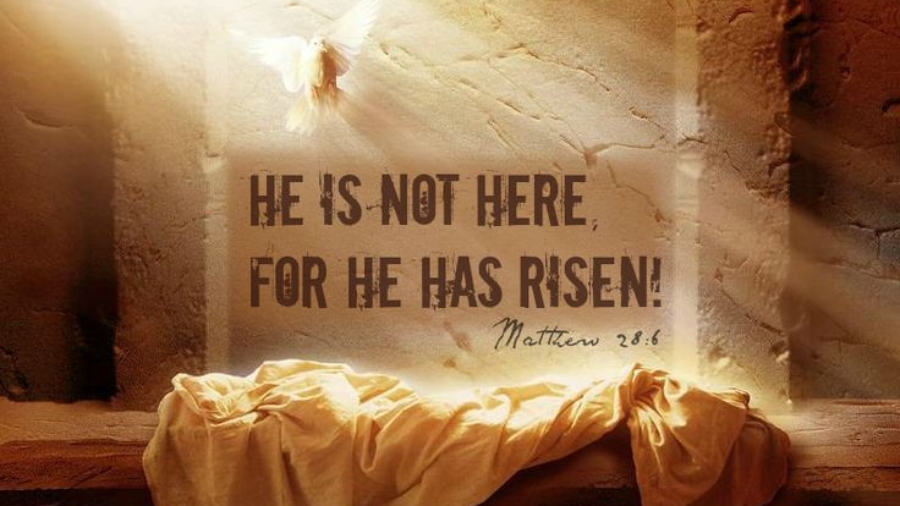In the sermon, Pastor Walker explained that Jesus was going through a region usually avoided by Jews, due to their disdain for Samaritans. This sets the stage for a significant event that underscores themes of inclusivity, love, and redemption. In this passage, Jesus encounters ten lepers, who are not only suffering from a physical ailment but also represent the spiritual and societal isolation akin to sin. This interaction goes beyond mere physical healing; it symbolizes Jesus’ outreach to all humanity afflicted by the ‘leprosy’ of sin. The plight of the lepers reflects the isolation and separation from God caused by sin, akin to living in a global leper colony. This section of the passage emphasizes the importance of recognizing one’s own spiritual sickness to seek and receive healing from Jesus, resonating in a world where physical proximity often masks underlying emotional and spiritual isolation.
As the passage progresses, the lepers’ plea to Jesus for healing becomes emblematic of a broader human predicament. Their request represents the humility and acknowledgment necessary for seeking salvation. This moment signifies a deeper understanding of spiritual needs and acknowledges that true healing, both in physical and spiritual forms, comes through faith in Jesus. The isolated state of the lepers parallels the pervasive loneliness in modern society, suggesting that spiritual leprosy is comparable to the emotional and social isolation prevalent today. This part of the passage extends the metaphor to loneliness as an incurable disease, highlighting the profound human need for Jesus’s healing and grace. The passage culminates with a powerful demonstration of gratitude’s transformative power. While all ten lepers are physically healed, only the Samaritan returns to express gratitude, indicating true spiritual healing and salvation. His act of thanksgiving, more than a mere polite gesture, is a transformative expression of deep appreciation for Jesus’s love and sacrifice. It illustrates that true healing encompasses not only the physical aspect but also a transformation of the heart, marked by genuine gratitude and a changed life. This gratitude is a vivid expression of faith and a testament to the transformative power of Jesus’ love and salvation.
Gratia Community Church
Welcome to Gratia Community Church









